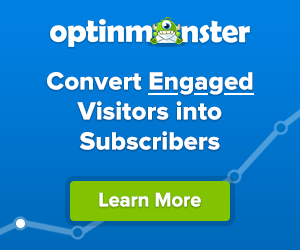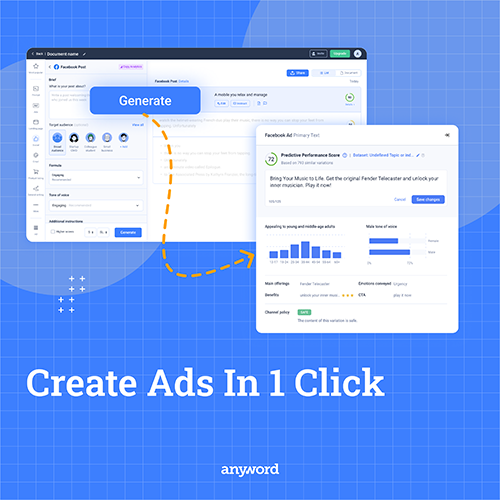Small business owners are toxically addicted to social media, and not necessarily by choice.
They’re told to post every day, even multiple times a day. Create scroll-stopping content. Drum up realistic UGC. Be on multiple platforms. Engage with their audiences. Respond instantly to messages on social. Be on Chat on their business website. All while trying to actually run their business.

It really does get to be too much for many, especially when they left their paid employment because they had no work life balance. Now their work and social media commitments start from the moment they wake up to the moment they go to bed, and spill over into the weekend.
It’s the hamster wheel, and the wheel keeps spinning faster and faster.
How do I know? It’s because I am a small business owner who quit her corporate career to launch a small business.
I have a love-hate relationship with social media. I love that I can use the medium to educate. But I hate the all-consuming and unrealistic nature of it.
Social media audiences want to be inspired, entertained and enthralled. The algorithms penalise you the moment you scale back your content, whether in creativity or frequency. So it becomes a vicious circle.
I’ve watched many people I know shine brightly but then burn out on social media.
So how do you switch off from social media?
Some people go cold turkey and delete all their accounts because they’ve found it to be harmful to their mental and emotional health, as well as to their relationships. But, if you’re a business owner, you can’t just unplug the cord.
Here are some steps you can take to help you from transition from socially addicted to socially deliberate, and in control.
Develop a marketing strategy
Many small business owners pour so much of their time into social media because it’s free to post. But you’re trading time for money. And boosting those posts burns money but doesn’t get you far. Invest in some forms other forms of marketing, such as targeted advertising, so you’re not reliant on social media for your leads and customers.
Reduce the number of platforms
Focus on only a few social media platforms. Creating high quality content for and actively managing accounts on Facebook, Instagram, Pinterest, TikTok, Twitter and YouTube is more than most small business owners can handle, without the help of professionals. Target those platforms that best align with your audience and you feel you can create the best content for.
Set time limits
Determine how much time you’re going to spend on social media each week and what you’re going to spend that time on, and stick to it. They are lots of hucksters on social media telling you need to be posting jaw-dropping content multiple times a day to build your audience. Many of them are also out to make it so exhausting that you’re going to need to engage them — or sign up for one of their mentoring programs!
Set work boundaries
Clients and customers may contact you after hours via social media but that doesn’t mean you have to respond to them after hours. Set up automated responses telling them that their inquiry or request will be managed during business hours.
Turn off notifications
The social media giants love to send you notifications. A follower just liked your reel. Someone just sent a ❤ in response to your comment. A big-time influencer is going live NOW. You should follow this account because it’s also followed by someone who follows you. Life can and will go on without all these distracting interruptions.
Create a scheduling calendar and post plan
This reduces some of the content overwhelm and keeps you focused. You can create content in batches and thereby reduce the total amount of time you’re spending on social media. You can also make it easier on yourself by reusing previous content that performed well, repurposing your content or sharing someone else’s content, with the right permissions, of course.
Be disciplined
Set aside a certain amount of time for social media each week and stick to it. If that means you only have enough time to post three times a week rather than five, so be it. Have a colleague, family member or friend provide you with gentle reminders that you’ve reached your limit.
Quarantine devices
Physically detach yourself from your devices. You need to give yourself time out. Don’t bring your tablet or mobile phone into the bedroom at night. Switch your mobile to silent when you’re taking time out, such as going for a walk, enjoying a coffee at a café or out shopping. There really isn’t going to be something happen on social media that you can’t catch up on later.
If all fails
If social media has become all-consuming and you can’t detach, consider engaging an agency to help create your content and manage your social media – if you can afford it.
You want to be in control of social media and use it for the benefits it provides you and your business, not let it overrun your life.
You may never be able to compete with the mega influencers who make a living out of their social media. Know that, behind the scenes, many of them have social media agencies, photographers, videographers, stylists, designers and virtual assistants doing the hard yards and making their content look amazing. And you don’t. Social media is a tool, and a powerful one at that. But it’s not the only tool out there. By freeing up time spent on social media, you can spend more time on other aspects of your business, such improving your website, investing in SEO and content, building a sales funnel or developing email marketing newsletters.
Gain back control. Free up time. Reclaim your life. It’s your choice.






















